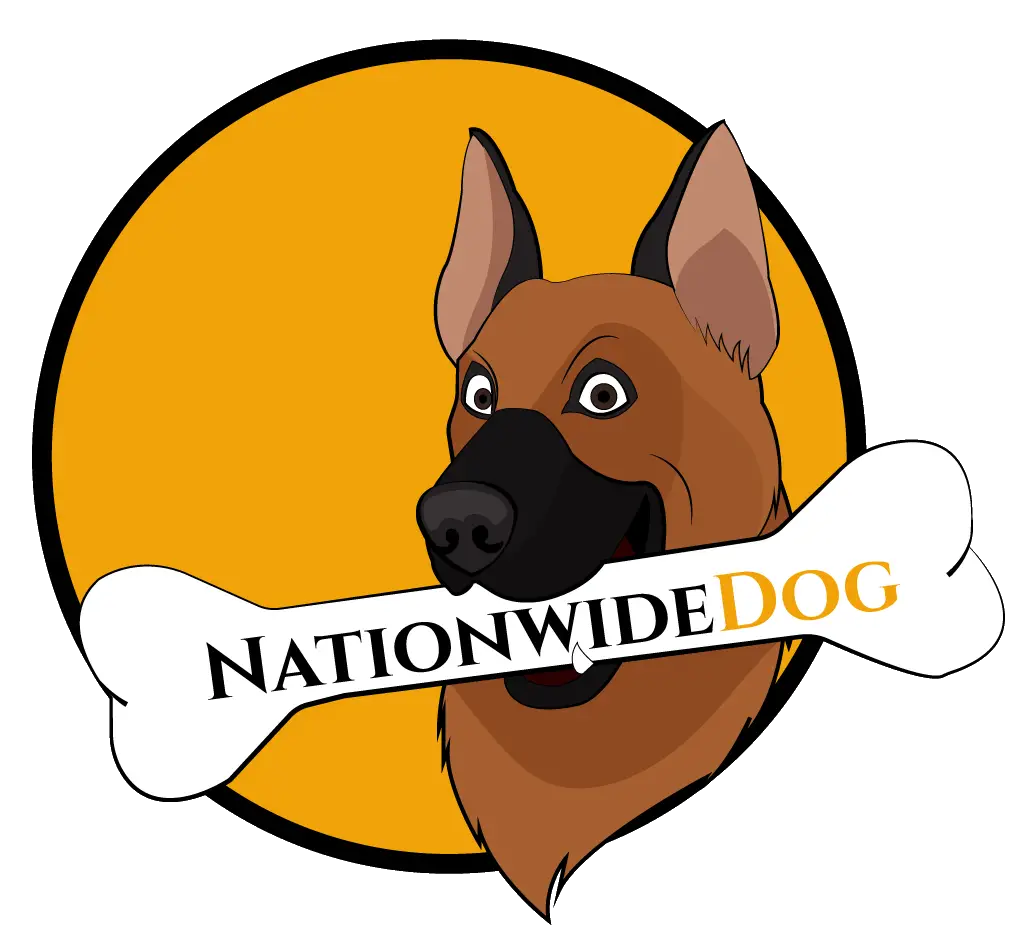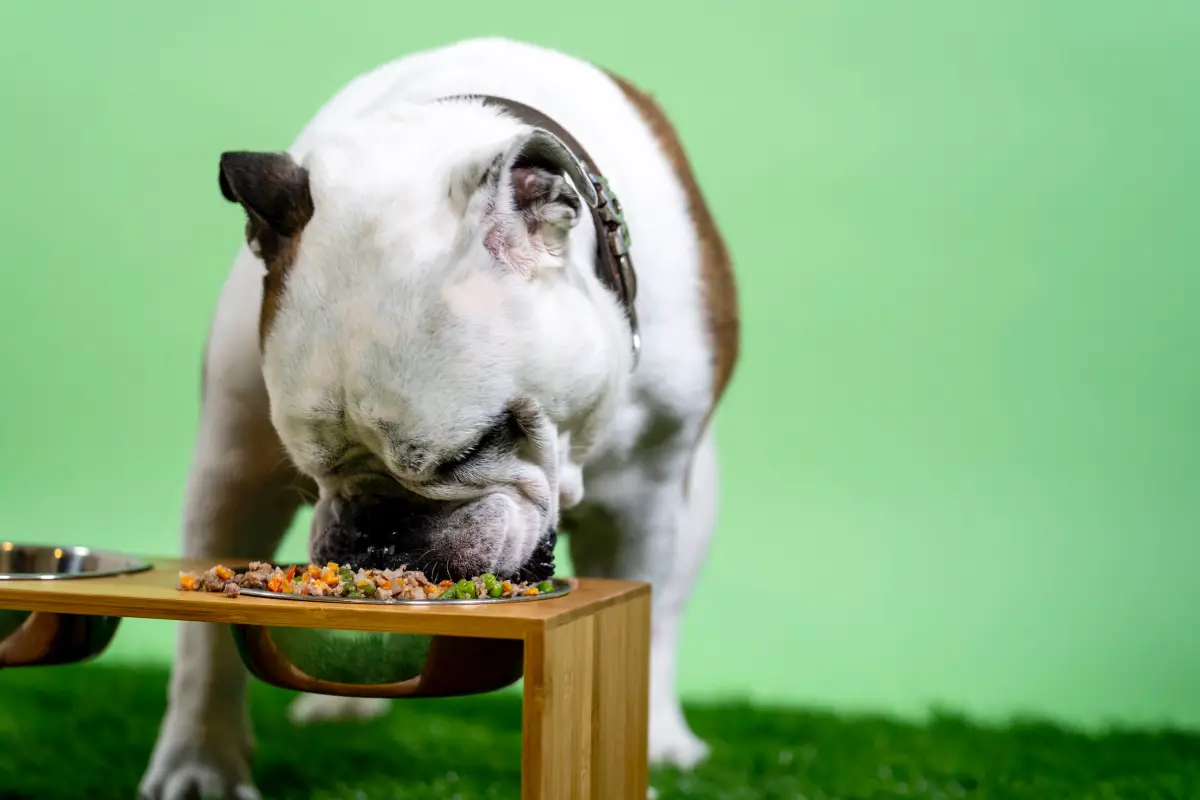Have you ever asked your self how long can a dog live without food or how long can my dog go without eating? If yes, then you’ve come to the right article. Most dogs have a tendency to stop eating at random times and it can definitely be a concern if they don’t eat for an extended period of time. I still remember constantly having to hand feed my dog, Tulip (a french bulldog), whenever he refused to eat the dog food we gave him, only for him to puke it all afterward. So how long can a dog live without eating and how can we prevent health disrupting habits such as reluctance to eat or drink water? I’m going to answer your questions in this article.
How long can a dog live without food or water?
Dogs can typically go longer without food than humans before getting sick. Dogs can go without food for 3 to 5 days, but it’s best to not let it get to that point before they start eating again.
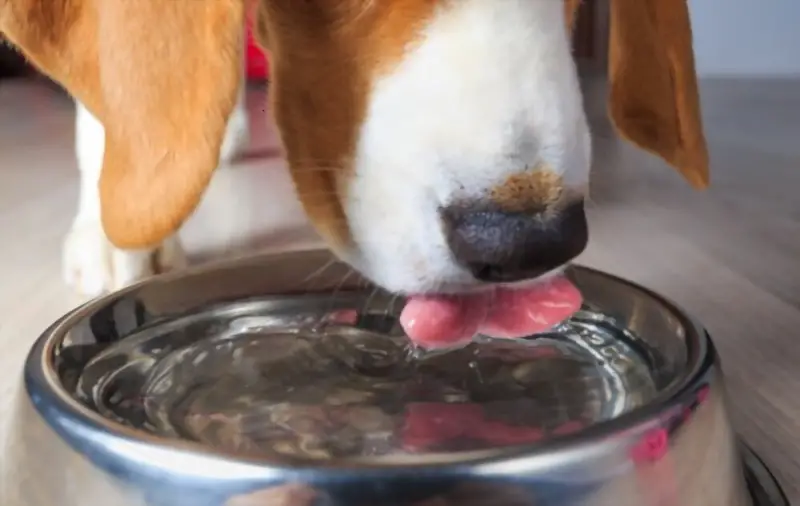
But the real problem is whether or not your dog is drinking water. Even if they’re not eating their food they should still be drinking water regularly, if you notice that they’re not drinking any water either then it might be a sign of kidney problems and you should take them to the vet immediately without waiting.
So, what do you do now? Well, again, it’s best not to wait for 3 to 5 days before your dog starts eating again. The moment that you notice that they’re not eating their food or drinking water you should already be taking mental notes and observing their behavior. Dogs tend to stop eating whenever they feel sick.
I’m going to give you the steps that you need to take in order to get your furry best friend to start eating and drinking water again. So that your dog can live a comfortable, happy, and playful life for many years to come in your loving home while you can relax knowing that you have the tools needed to prevent and fix bad eating habits.
Prevention is key
There are a number of steps you can take when you notice that your dog hasn’t been eating or drinking water.
Take notes – You don’t have to be alarmed when it’s only been a day that your dog hasn’t been eating, as long as they continue to drink water. You should wait two days before thinking about taking them to the vet. This is because, just like us humans, dogs can also lose their appetite. There are times where they’re simply not hungry and so they skip a meal. This is perfectly normal and common for all dogs to do and it isn’t an immediate sign of illness or bad eating habits.
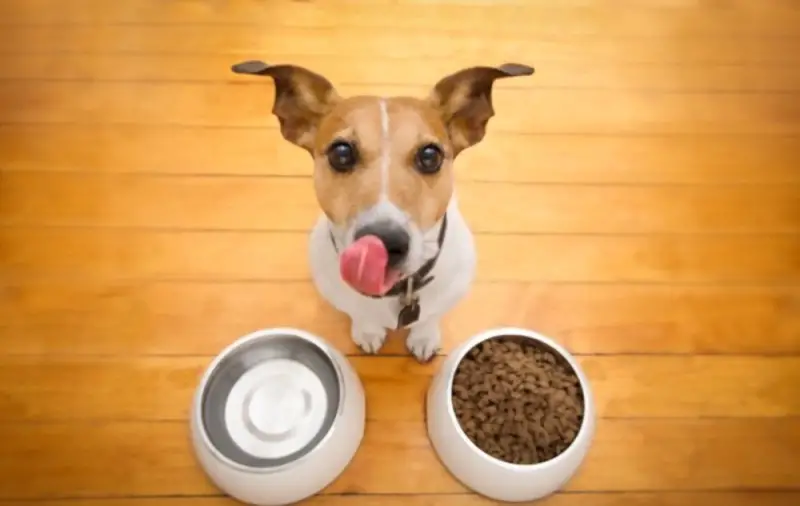
Food – Makes sure that the food that you’re giving them is something that they enjoy eating and love the taste of. It’s common for dogs to be picky with their food. My dog, Tulip, for example, doesn’t like any dog food that has beef or vegetables in it. He doesn’t like round-shaped dog food either. He prefers chicken-flavored, square-shaped dog food. Oddly specific, but after testing multiple brands of dog food we were finally able to find something he liked. So, if you want to prevent bad eating habits, taking a good look at what they like to eat is a good step. You should also avoid giving them human food, if they get a taste of delicious human food you may find that they become even pickier! Again, causing bad eating habits that will affect their health down the line.
Avoid stress – Humans don’t like change. Dogs don’t either. Exposing them to stressful situations like introducing them to new people or moving to a different country can be very stressful situations for dogs. Of course, not all dogs are built the same, and you may find that your dog has no problem adjusting to new environments or stressful situations and their eating habits remain the same. If, however, you recently made a big change in your life that affects your dog’s lifestyle and they stopped eating, it may be because they’re still trying to adjust to the new environment.
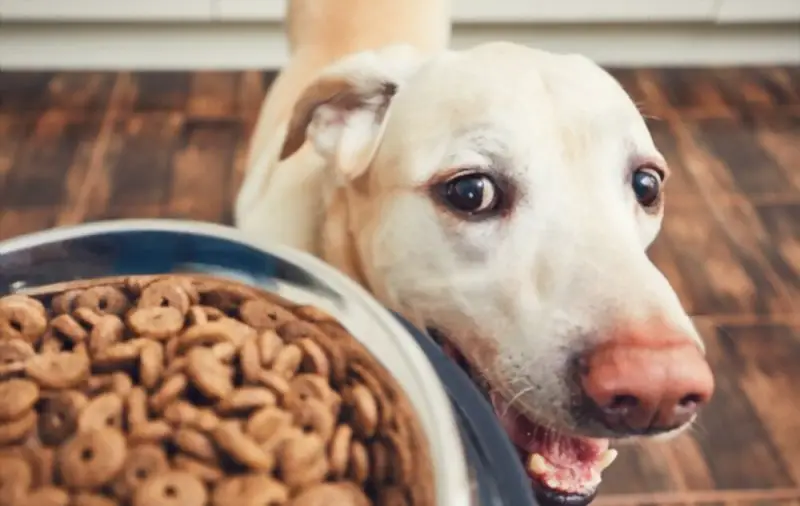
But what do you do when they’re already sick or have already stopped eating and drinking water? Let’s head to the next heading!
What to do when they’re already sick or not eating?
Now that you know how long can a dog survive without food or drinking, if you’ve found that they haven’t been eating for 3 or more days then it’s time to take action, here’s what you can do:
Symptoms – Check for signs of dehydration or discoloring in their gums (they should always be pinkish). See if, whenever you push their belly, they experience pain. If so, then it’s best to take them to the vet immediately.
Change it up – If, after testing out different kinds of dog food brands, didn’t work out, then it’s time to take a different approach. You can try giving them dog treats instead since they tend to enjoy those more. You can also try giving them wet food since they might have trouble or are uncomfortable with eating hard foods. If they still don’t eat then you might want to resort to feeding them human food, but avoid fruits, nuts, and vegetables and instead stick with meat. This is because some fruits, nuts and vegetables, and other human food, in general, can be toxic to dogs. Meat on the other hand is always a safe option. If still, they don’t eat, take them to the vet.
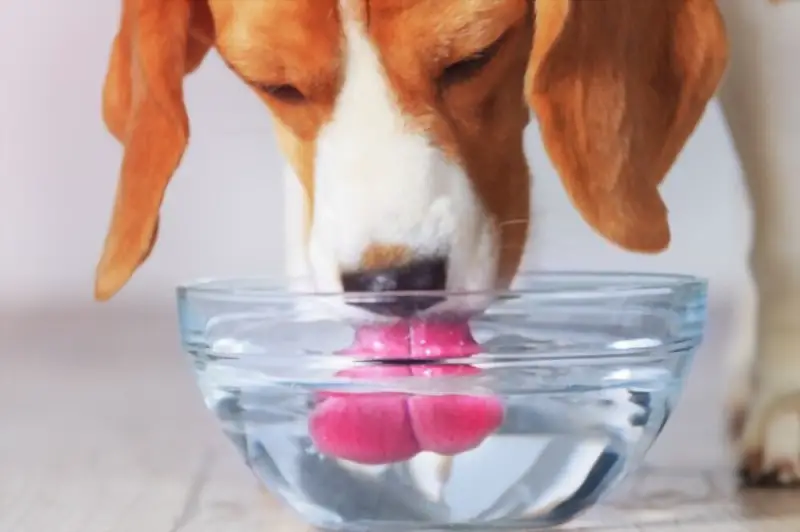
Take them to the vet – Taking them to the vet immediately will help tremendously since they will know what’s wrong with your dog. Instead of guessing, waiting, experimenting, and prolonging their sickness, you can also take them to the vet where they will tell you the specific steps that you need to take for your dog’s unique situation. Because just as I said earlier: not all dogs are built the same.
Conclusion
So, how long can a dog live without food? and how long can my dog go without eating? Dogs can typically live longer without food than humans, around 5 days or even longer, but will start to develop health problems in 3 to 5 days. There are multiple possible reasons why a dog may not be eating, sometimes it’s just a weak appetite, but it can also be a sign that your dog is feeling sick. You can prevent it and fix it by changing up their food, avoiding stressful situations, or taking them to the vet.
